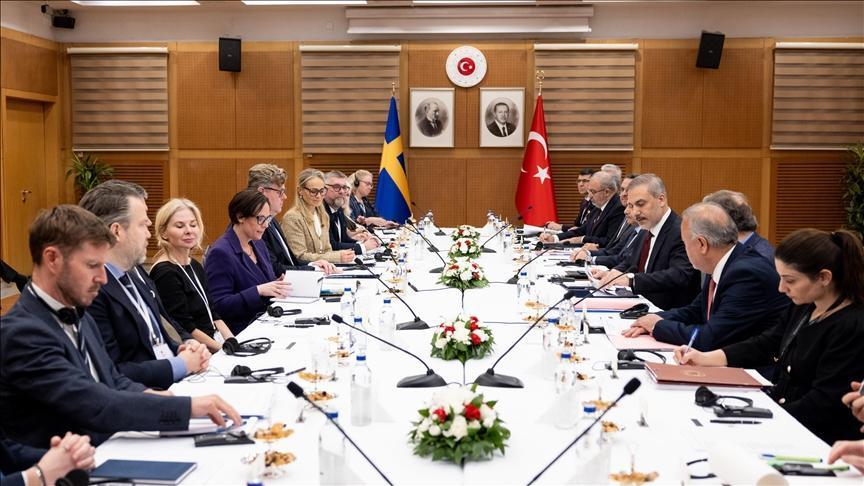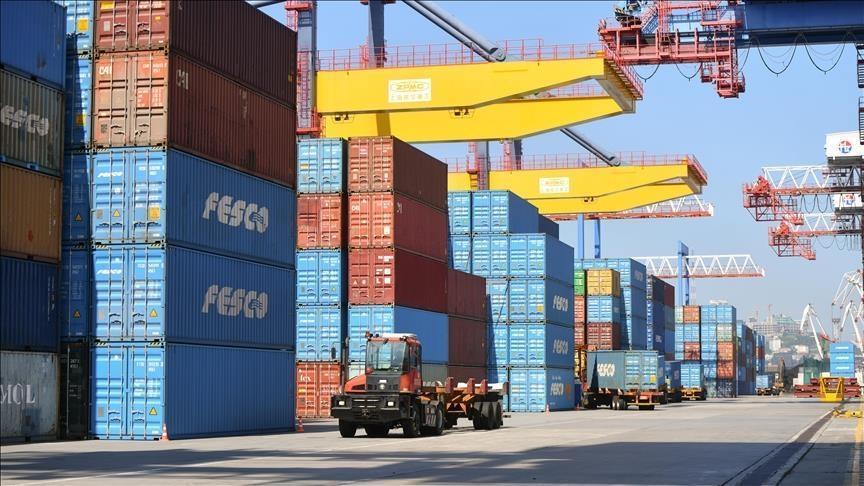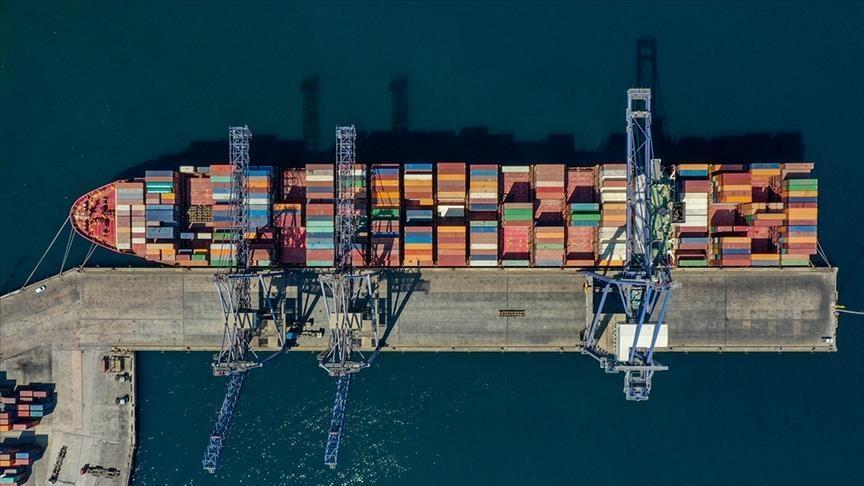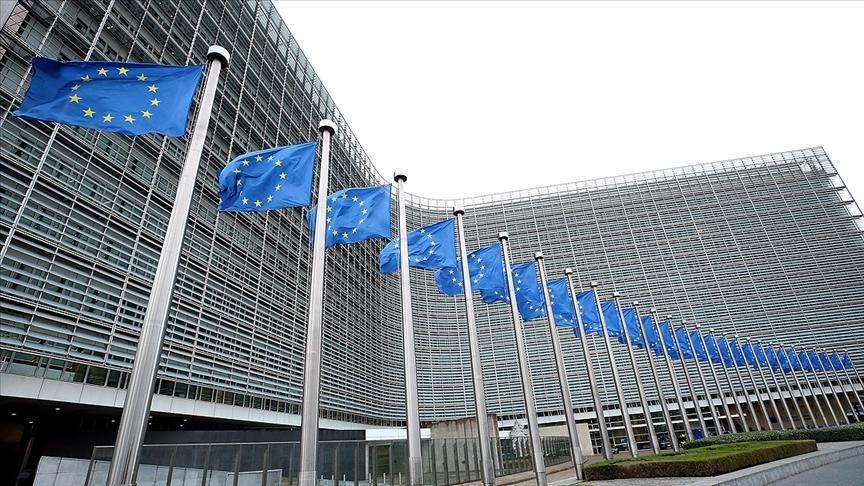Russia and Turkey: Pending problems
ELDAR O. KASAYEV
The degree of Russia’s interest toward the Turkish market is limited to large-scale projects that can only pay dividends in the long run (for instance, the construction of the Akkuyu nuclear power plant and the laying of oil and gas pipelines across Turkish territory).It might be that Moscow will not get any expected return at all because Ankara is quite capable of switching from one project to another in accordance with its own geopolitical and economic interests.
It would be instructive enough to recall the Nabucco gas pipeline project that was but a rival to the South Stream gas project.
Russia is interested in developing the latter, while the former is important to Europe and the United States, which have been trying to weaken Russia’s strength in energy for a long time. At first, Turkey was actively lobbying for the Nabucco gas pipeline project in support of Western countries, which provoked serious concern in Moscow. After some time, however, Ankara understood the extremely low profitability of what had become one of the most popular proposed projects in recent years, joining the Russian cause and the South Stream gas project. An agreement signed in Moscow after that permitted the laying of the South Stream through the Turkish exclusive economic zone in the Black Sea.
In response to that, Russia reduced the price for the natural gas that Turkey purchases under “take-or-pay” contracts. In 2013, Ankara will buy an extra 3 billion cubic meters of unclaimed raw materials from the existing gas pipeline.
Thus, in signing the above-mentioned South Stream agreement, Turkey, first of all, took care of its own interests. On the one hand, it improved its prospects for becoming an important transit hub between Europe and Asia, and on the other, it managed to ensure more favorable conditions for paying its natural gas debts.
The Russian exports to Turkey will remain another sore point in the bilateral economic ties in the foreseeable future. In order to considerably stir up the commercial indicators, Russia should elaborate a long-term exports strategy aimed at the Turkish market. Ankara already has such a strategy, which is a serious advantage because, with the help of this state program, it is now capable of multiplying the returns from the mutual trade.
As long as Russia keeps focusing only on large-scale projects with Turkey and expecting returns on their considerable investment while forgetting about small and medium firms that could do well in the Turkish market, there will be no full-blown result from the mutual ties.
It seems that, despite the signing of a mutual cooperation program that will continue until 2015, Russia’s real presence in the Turkish market is not likely to expand with non-hydrocarbon products because the “curse of raw materials” is still penetrating the Russian economy. Turkey, in turn, will try to get the maximum out of this document in order to lay good groundwork for the successful realization of its long-term exports strategy in the Russian direction, which is Ankara’s priority.
Turkey is most likely to keep implementing a well-balanced foreign policy closely interconnected with pragmatic economic interests. Russia should take this into account, especially in matters of great importance for its own development.
The political differences between Moscow and Ankara will remain an inhibitor of their economic cooperation but, judging by the high mutual importance of the economies, one should not expect a stalemate of this partnership in the foreseeable future. The stakes are too high. Moreover, the ambitious trade turnover indicator of 100 billion dollars urges the two countries to neglect foreign policy matters and concentrate on the development of economic ties.
Eldar O. Kasayev is an expert on international law and investment in the energy sector of the Middle East and North Africa. He is the author of ‘Russia-Turkey: the Current Status and a Possible Scenario of the Development of Economic Relations,’ (Moscow, 2013).











